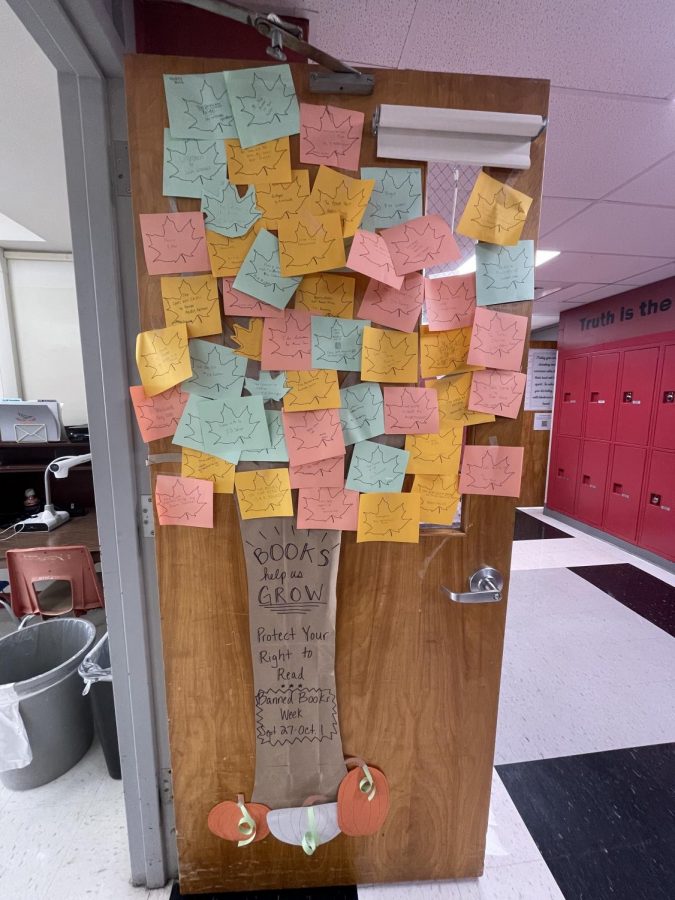The week of September twenty-six, leading into October second, marked the celebration of reading through Banned Book Week. During this time, Americans celebrate their freedom to read. This week highlights current and past attempts to censor certain titles in schools and libraries. Banned Book Week was first celebrated in 1982, when many books were first being challenged and doubted.
The theme of Banned Book Week 2021 was “Books Unite Us, Censorship Divides Us”. The top ten challenged books this year brought light to the harm of censorship as well as emphasized the importance of maintaining our freedoms to read. The books that occupied these ten positions were George by Alex Gino, Stamped: Racism, Antiracism, and You by Ibram X., Kendi and Jason Reynolds, All American Boys by Jason Reynolds and Brendan Kiely, Speak by Laurie Halse Anderson, The Absolutely True Diary of a Part-Time Indian by Sherman Alexie, Something Happened in Our Town: A Child’s Story about Racial Injustice by Marianne Celano, Marietta Collins, and Ann Hazzard, illustrated by Jennifer Zivoin, To Kill a Mockingbird by Harper Lee, Of Mice and Men by John Steinbeck, The Bluest Eye by Toni Morrison, and The Hate U Give by Angie Thomas.
A common theme amongst the top ten challenged books is their messages and prominent issues discussed. Race, racial injustice, minority groups, and other “uncomfortable” issues are the main points of these books, hence why schools, often predominantly privileged white areas, ban these books from their curriculums. Schools try to avoid these discussions and issues simply because they feel uncomfortable, yet it is exactly these conversations that must be discussed most, especially with younger generations who will be the future. Banning books is simply an attempt to end conversations and oppress other races, and more specifically the presence of them in our community. By avoiding these conversations, students will fail to understand the world they live in, the issues that others face every day, and consequently ways to combat these major issues.
The top challenged book, George, was a story following the life of a fourth grade transgender girl. This was challenged, banned, and restricted for LGBTQIA+ content, conflicting with a religious viewpoint, and not reflecting community values. Common issues with the book regard the sexual references and lack of “traditional family structure.” The Wichita, Kansas school system even went so far as to ban the story from occupying shelf space in their libraries in 2017.
This week is vital to students’ success and knowledge as it recognizes the books that some schools attempt to exempt from their curriculum. As free Americans, students possess the right to read any piece of literature, regardless of the stigma or negative connotations that society has placed upon them. By limiting the resources provided to students, school systems limit students’ ability to form their own opinions, gain knowledge, and better understand the real world. The only thing that banning books achieves is sheltering students, which in the long run only harms them. It is unfair and unwise for schools to control the books students read as it only limits their full knowledge and capability to understand major issues and ideas. School is meant to be a place of growth and learning, yet students cannot take full advantage of that environment when their resources are being controlled and limited based on authorities’ opinions and feelings towards a book.
This past book week, Ms. Volosin submerged her English 11 Honors students into the issues and elements of banned books. She focuses her students’ attention on the importance of reading, and more specifically the logic of why they read what they do. Ms. Volosin emphasizes the impact literature holds over its audience as she shows her students what knowledge is gained through reading, particularly reading materials that are constantly challenged and considered “sensitive”.
Simultaneously, she encourages her students to understand the subjectivity of declaring a piece of literature as such-“another major point of the unit.’” She centers this unit “on the question ‘what is lost when books are banned?’” She teaches this lesson by reading articles about censorship and the harm of censoring texts, essentially comparing what students gain and lose from censorship. Ms. Volosin concludes her unit with a project in which students develop their own research questions and focus on the banning of one specific text or the banning of specific topics, such as LGBTQIA+ materials.
Focusing on and understanding banned books is an essential lesson that more school’s should incorporate into their curriculum. As Ms. Volosin shares, “[students] also learned that being uncomfortable and being exposed to new ideas is central to education. Books that contain “sensitive material” hold important lessons for students…” Ms. Volosin recognizes the major issues that surface when banning books that more people should begin to understand. Americans reserve the freedom of reading and expression, and should honor Banned Book Week to acknowledge these freedoms.
Categories:
Banning books infringes upon a students’ right to read
Ms. Volosin’s classroom door
0
Tags:
Navigate Left
-
 OpinionsThe removal of penny just makes "cents"
OpinionsThe removal of penny just makes "cents" -
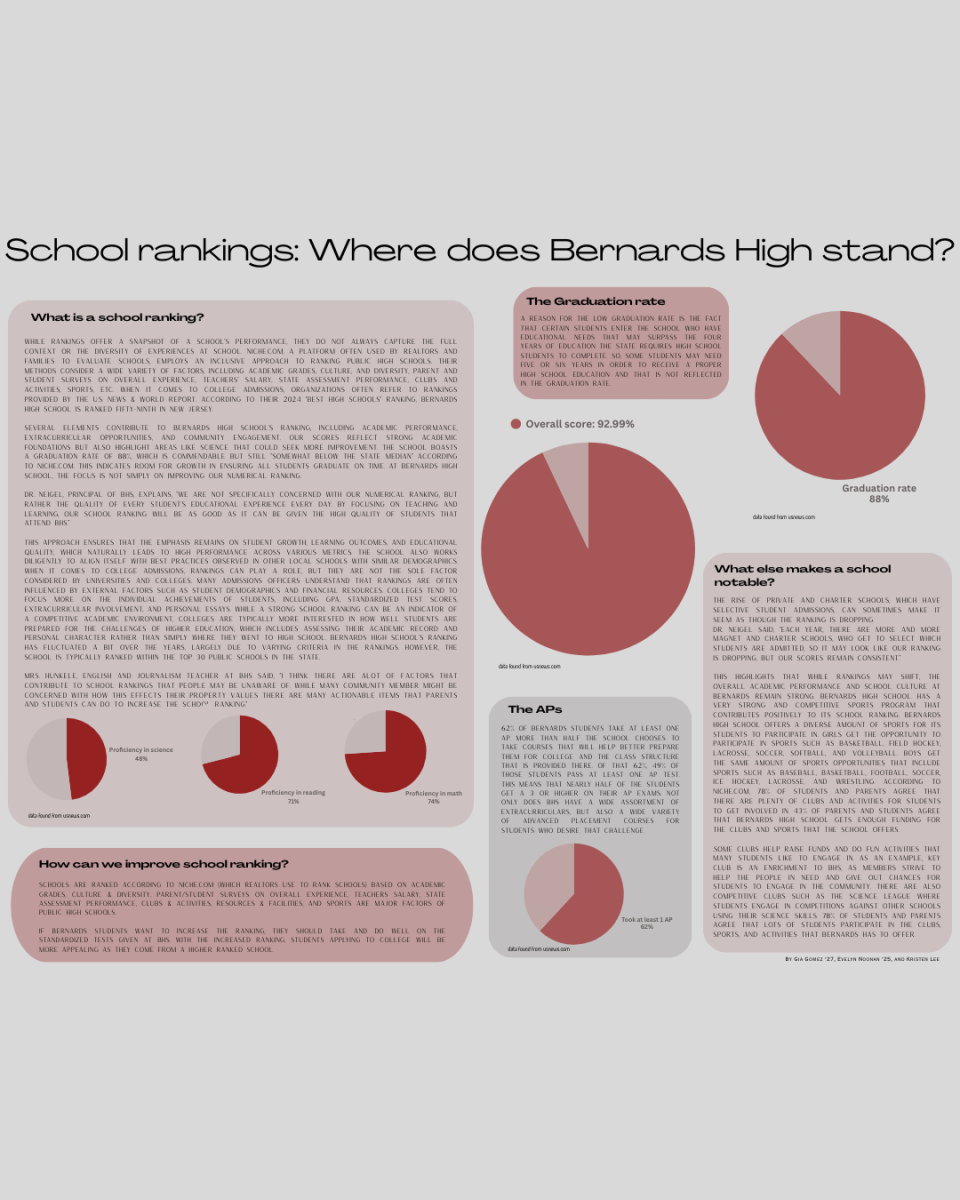 OpinionsBernards High School: School Ranking In-Depth
OpinionsBernards High School: School Ranking In-Depth -
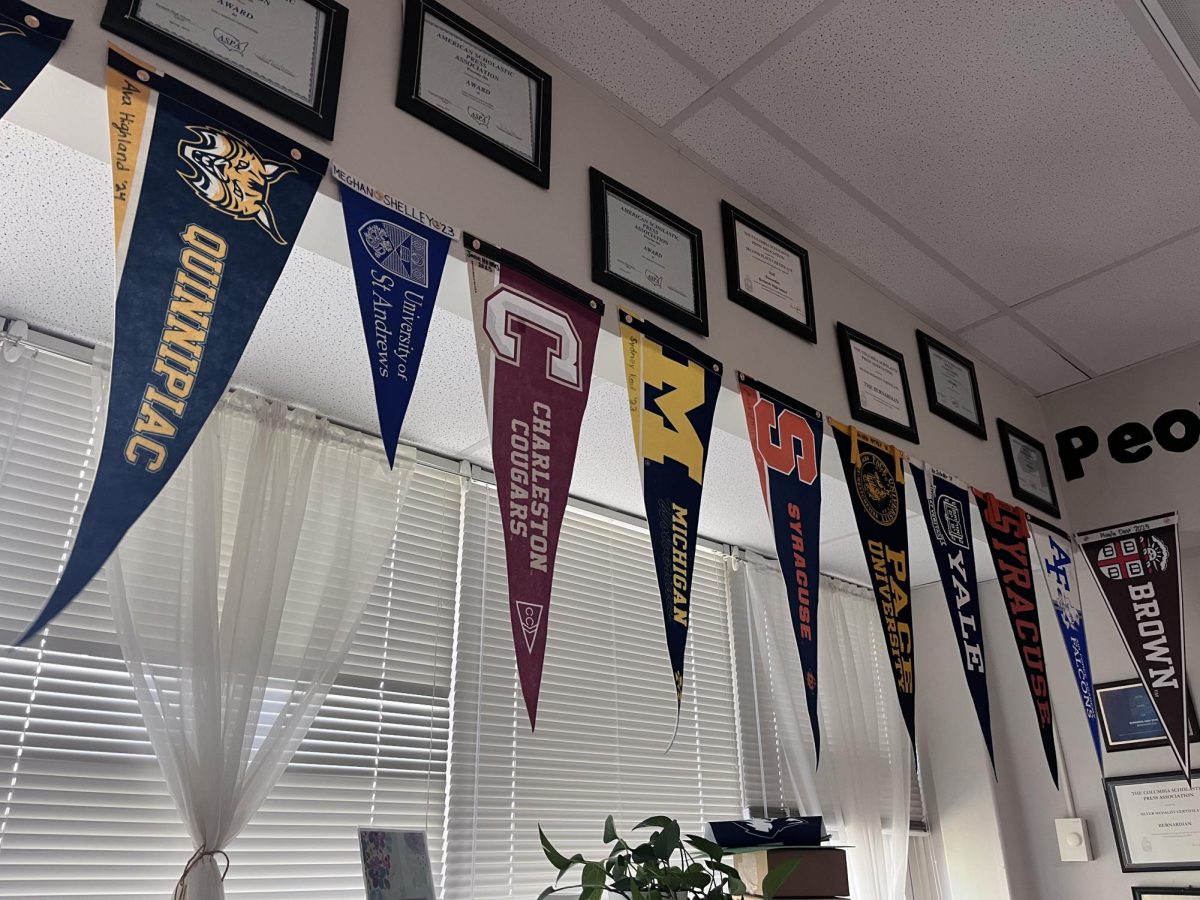 OpinionsThe transfer portal has changed college sports
OpinionsThe transfer portal has changed college sports -
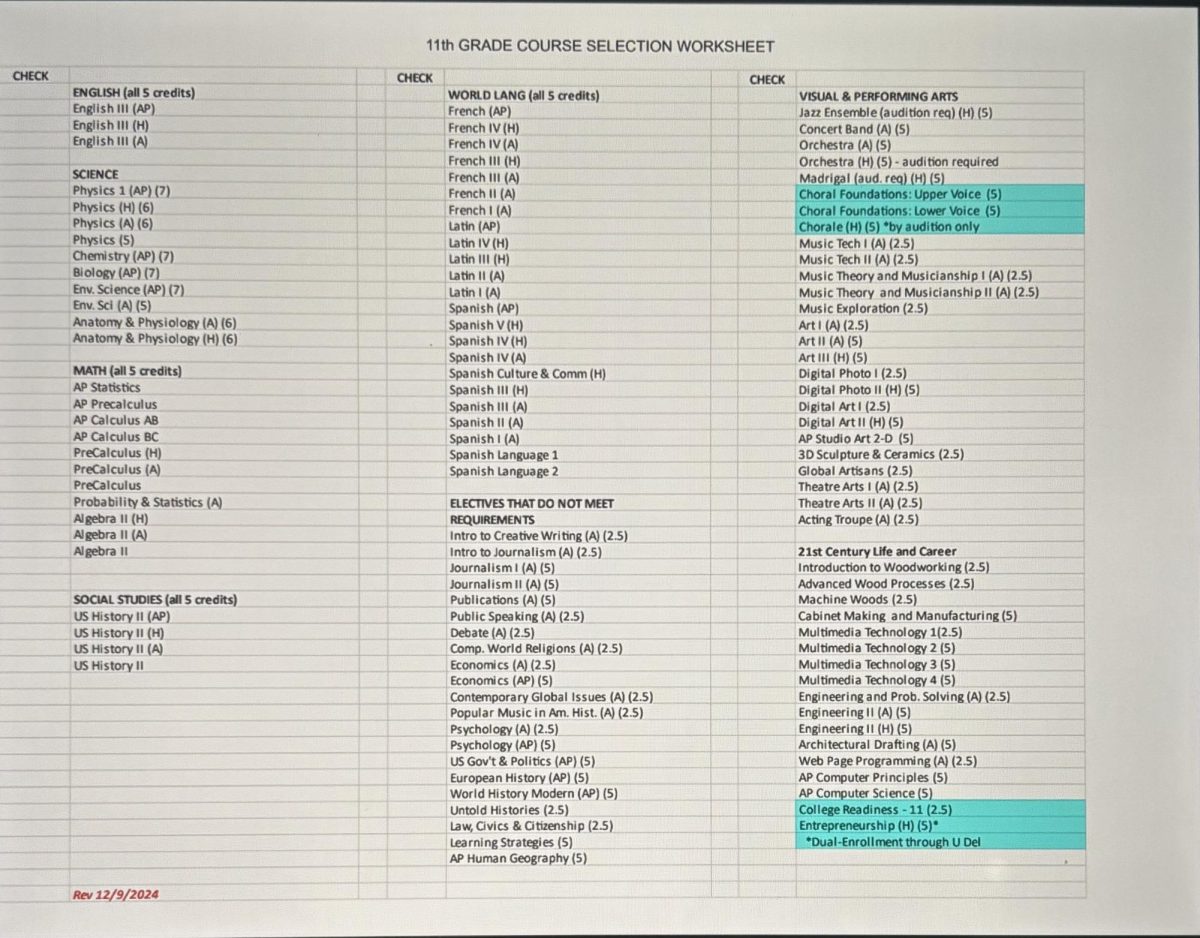 OpinionsDual enrollment opportunities have expanded at BHS
OpinionsDual enrollment opportunities have expanded at BHS -
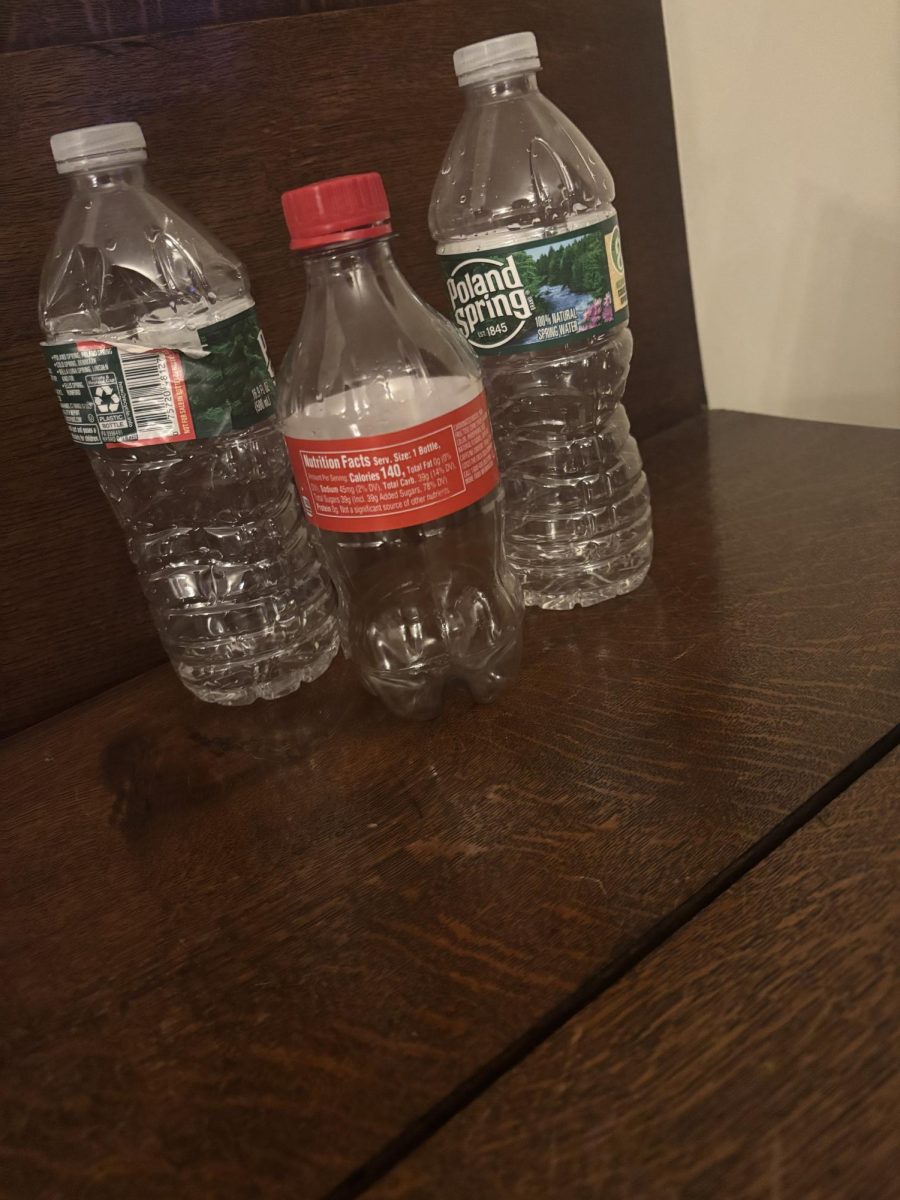 OpinionsThe planet is paying the heavy price from pollution
OpinionsThe planet is paying the heavy price from pollution -
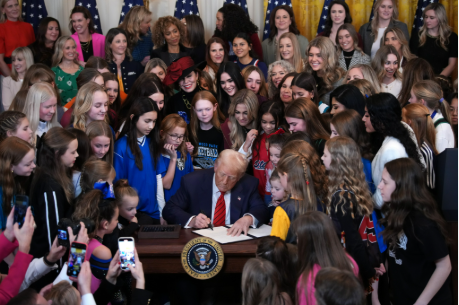 OpinionsTransgender athletes in women's sports debate rises
OpinionsTransgender athletes in women's sports debate rises -
 OpinionsThe prices of eggs have gotten out of control
OpinionsThe prices of eggs have gotten out of control -
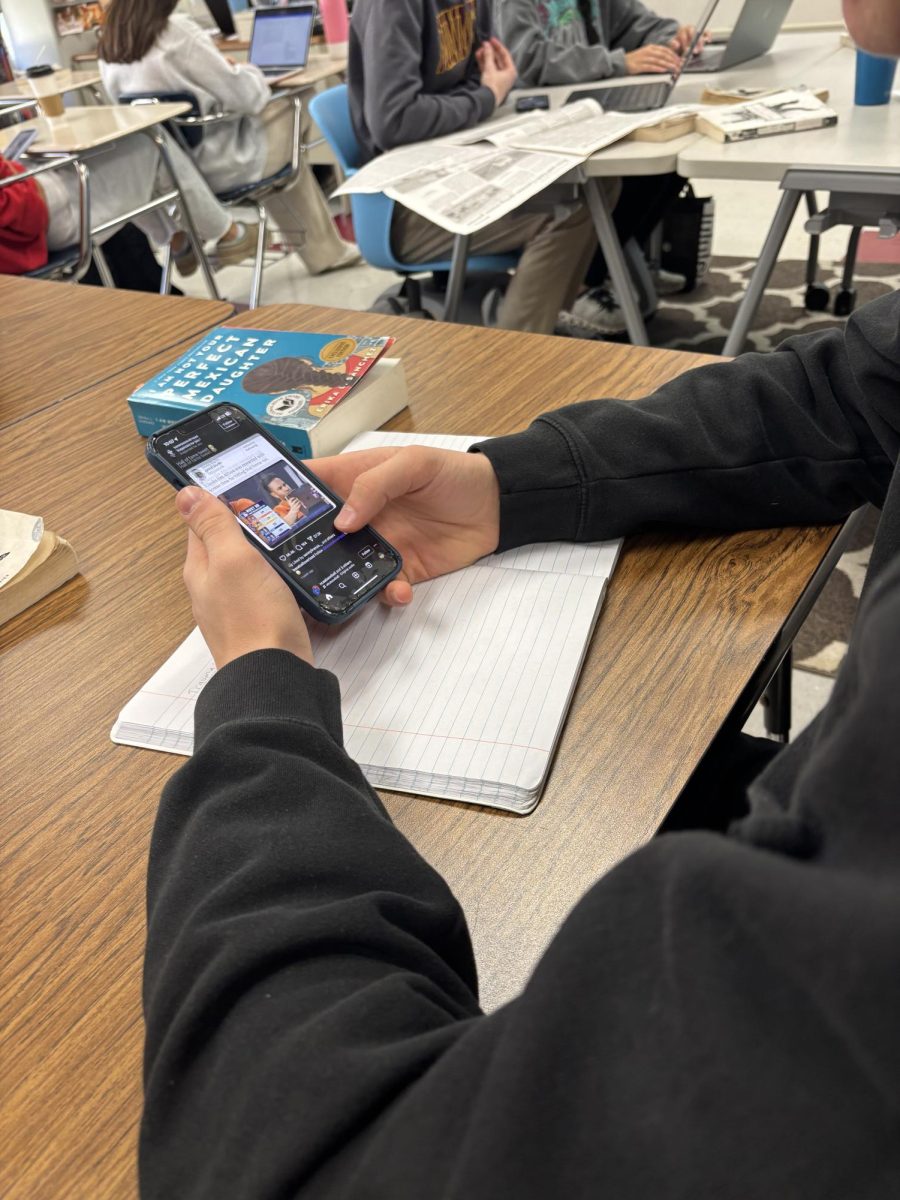 OpinionsPhone usage causes decline in social interaction
OpinionsPhone usage causes decline in social interaction -
 OpinionsA recap of Trump's first two months
OpinionsA recap of Trump's first two months -
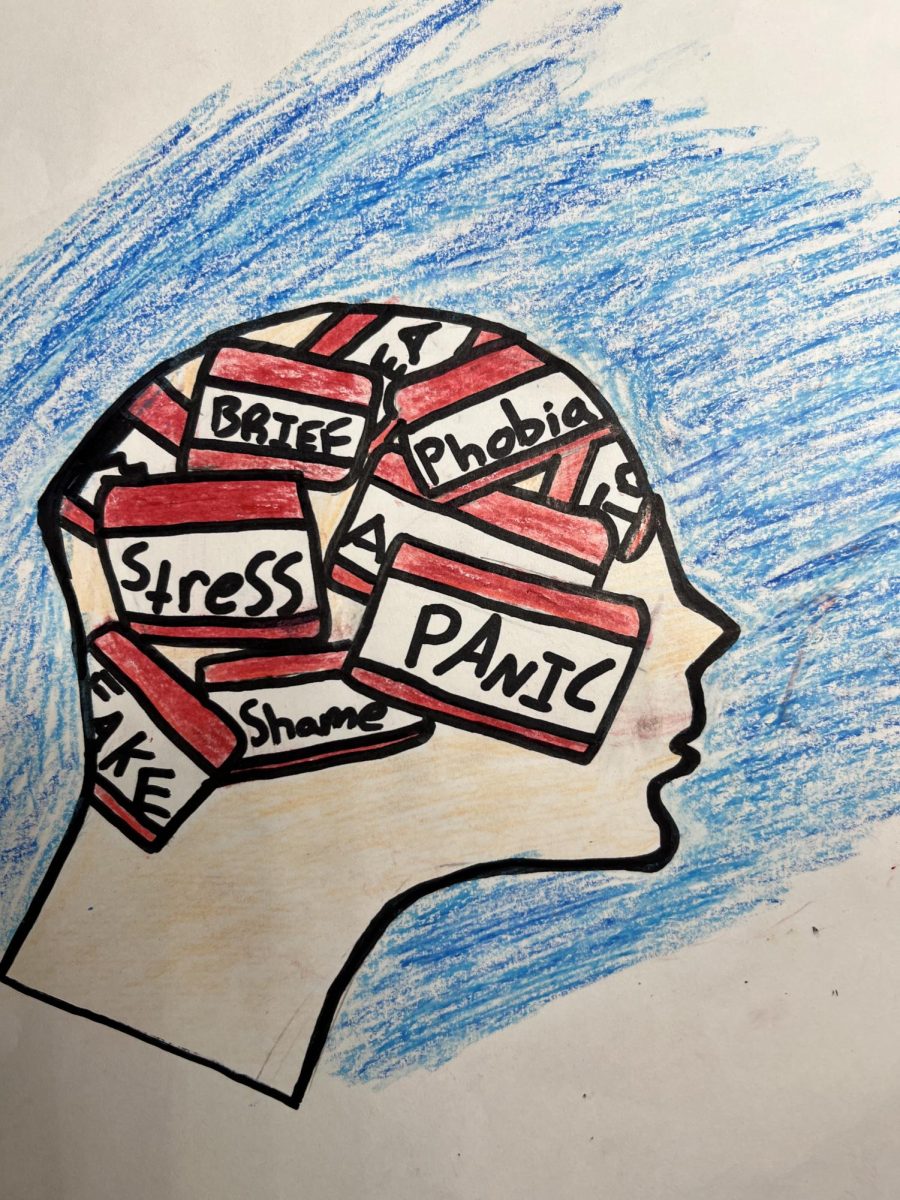 OpinionsSchools struggle to sustain student mental health support
OpinionsSchools struggle to sustain student mental health support
Navigate Right



